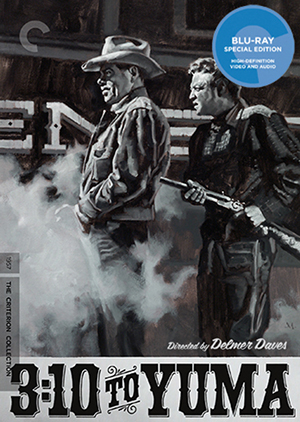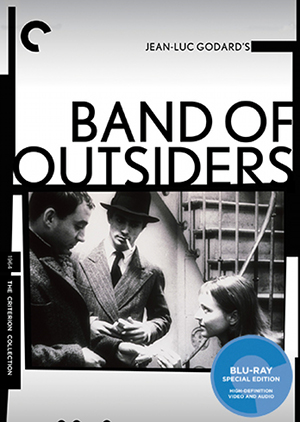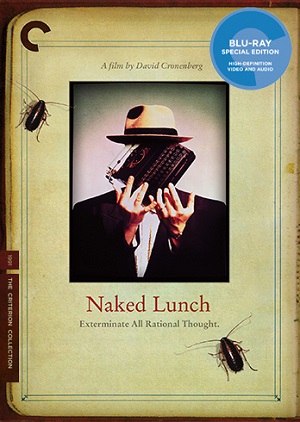
Blu Review: Admission (2013)
Admission (Weitz, 2013) centers on Portia Nathan (Tina Fey), an admissions officer for Princeton, whose life goes into upheaval when she is contacted by John Pressman (Paul Rudd) who runs a new alternative high school in rural New Jersey. During her high school visits, she meets with him and a student he wants her to closely consider for Princeton. Her live-in boyfriend, Mark (Michael Sheen) a Literature professor at Princeton, leaves her for a universally hated Virginia Wolfe scholar who is pregnant with his twins. Of course, she becomes romantically involved with John when he drops a bombshell on her. He knows that she had a child while in college (they went to the same school at the same time and he happened to know her roommate) and she gave the son up for adoption. He thinks her son is Jeremiah (Nat Wolff), the kid he wants to get into Princeton. Well, this complicates her already complicated life and she loses focus at work, and so on.







